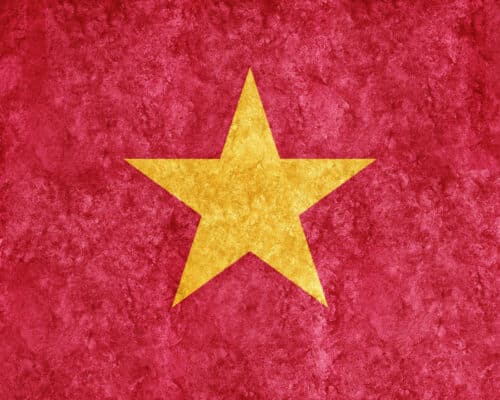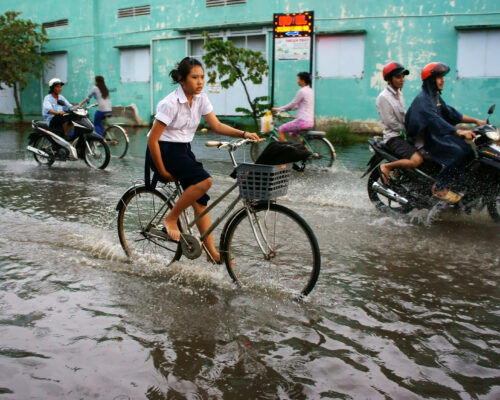Clean Energy Financing

Energy Economics Show Renewable Energy Generation Is Less Capex Intensive Than Fossil Fuels
Renewable energy for the power sector keeps getting cheaper to build and operate. However, much of the Asia-Pacific region is still building out natural gas infrastructure. The region needs to pivot if it wants to reach its net-zero goals.
COP28 Financing Highlights: Will Asia Receive Much-needed Support?
COP28 became the stage of ambitious financial pledges from governments, the private sector, MDBs and philanthropic organisations. However, experts warn that the promised financing still falls short of the actual needs and that its distribution might be too slow and ineffective.

COP28 Climate Finance Day Nets USD 12.5 Billion in Pledges
Day five of the COP28 summit in Dubai started shaky, as reports broke over summit president Sultan Al Jaber’s earlier anti-fossil fuel phaseout comments. However, by the end of the day, significant progress had been made regarding climate change funding, setting the pace with at least 40 different financial pledges.
Renewable Energy Investing Needs in 2023
The clean energy transition needs private capital that works in concert with favourable policies, regulations, decarbonisation goals and green capital market development.
Solar Energy Investment is Expected to Overtake Oil Production For the First Time
While investments in fossil fuels are slowing down, the IEA's World Energy Investment Report 2023 says they remain way above the levels needed to reach net-zero by 2050.

Vietnam Has Approved the PDP8: What Comes Next?
The approval of the PDP8 is finally here. While not without its potential flaws, the plan allows Vietnam to start leaping towards its net-zero by 2050 target – a moment that energy investors have long been waiting for.
The Renewable Energy Policy in Vietnam Risks Deterring Investors
Maintaining a healthy ongoing dialogue with clean energy investors and project developers is critical if Vietnam is to get back on track and continue stunning the world with its renewable energy progress.
Wind Energy in Vietnam – Opportunities and Potential
Vietnam has already established itself as one of the world's most notable clean energy success stories. However, to retain that crown, the country needs to incentivise foreign financiers.

Energy Transition Technologies: Deficiencies of the Japan-led Guidelines
Recent guidelines on transition technologies for Asia, influenced by Japanese energy policies, promote CCUS and ammonia co-firing in the power sector. As a result, they risk derailing the decarbonisation efforts of SEA countries and the financing institutions investing in transition technologies.
South Africa’s ‘Just Energy Transition Partnership’: Lessons For Asian Countries
The South African JETP marks a groundbreaking moment for global energy financing. It has set the stage for a new climate-progress model that can unite developed and developing countries, as well as public and private financiers, on the path towards a just energy transition.
COP27 Finance Day: Expectations and Outcomes
COP27's Finance Day didn't exactly provide many reasons for excitement. It ended with more promises than actual progress, showing a lack of solidarity with vulnerable nations, especially from the world's biggest polluters.
Using Transition Bonds For Ammonia and Blue Hydrogen Projects: The Risks For Investors and the Issuing Companies
Using transition bonds to fund blue hydrogen and ammonia projects risks extending the climate crisis. But, more importantly, it tarnishes the idea of climate financing at a time when it is needed the most.
Most Popular
Categories
-
9
-
31
-
127
-
4
-
17
-
39
-
51
-
14
-
10
-
15
-
23
-
6
-
154
-
162
-
23
-
1
-
22
-
30
-
36
-
64
-
14
-
74
-
40
-
17
-
6
-
28
-
21
-
84
-
245
-
20
-
35
-
31
-
9
-
41
-
35


